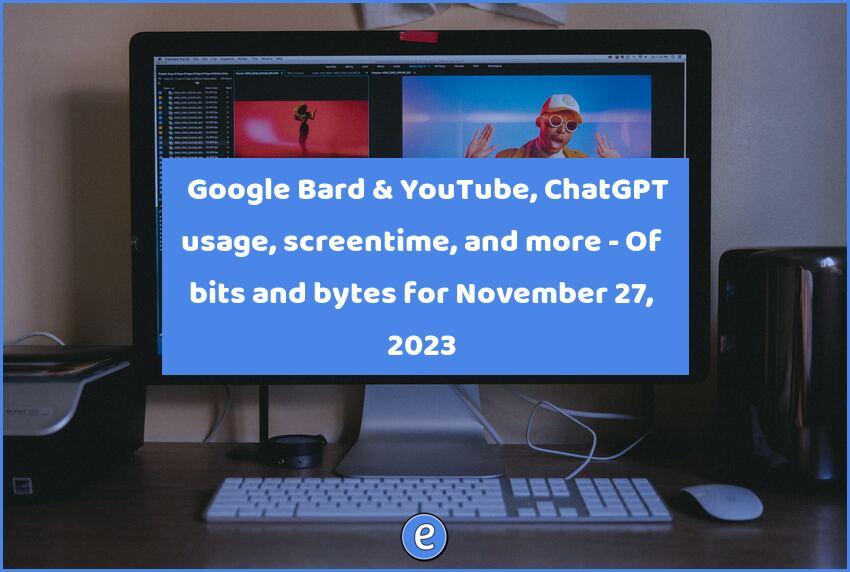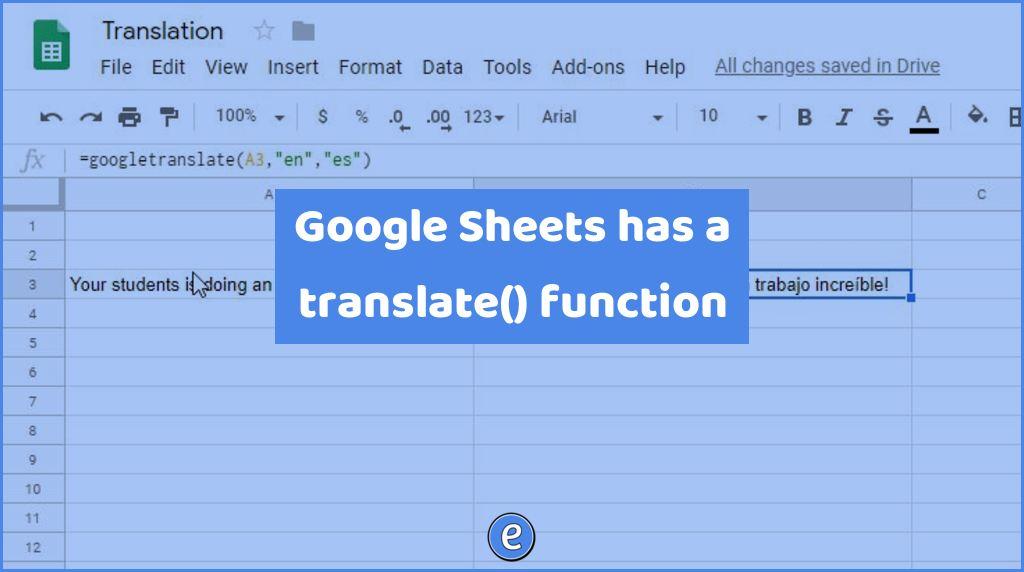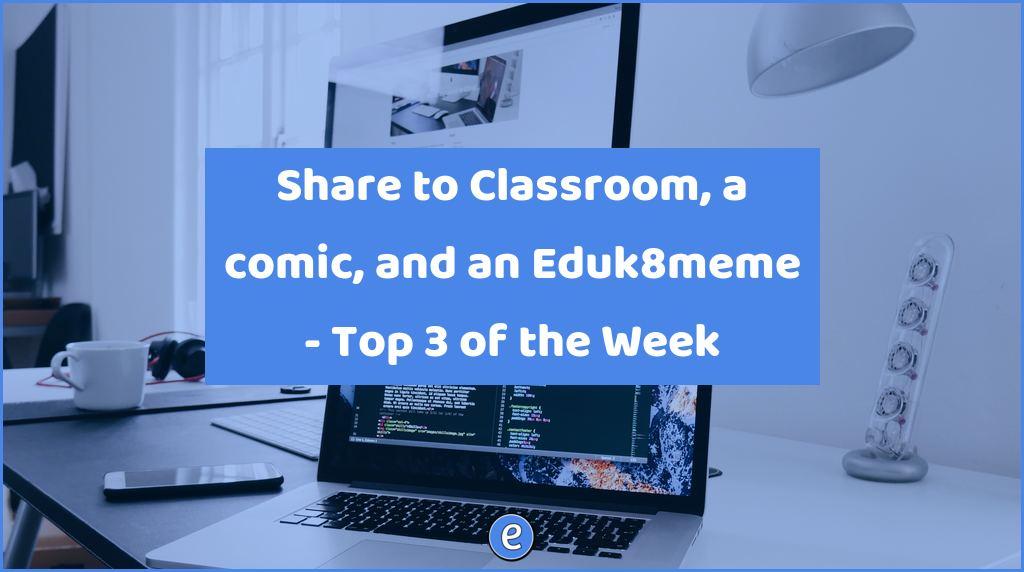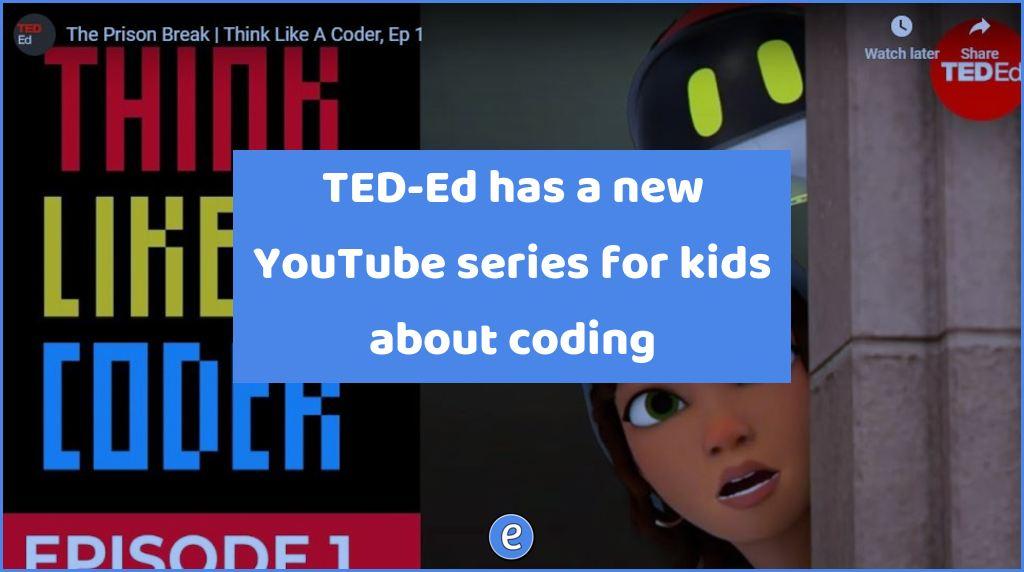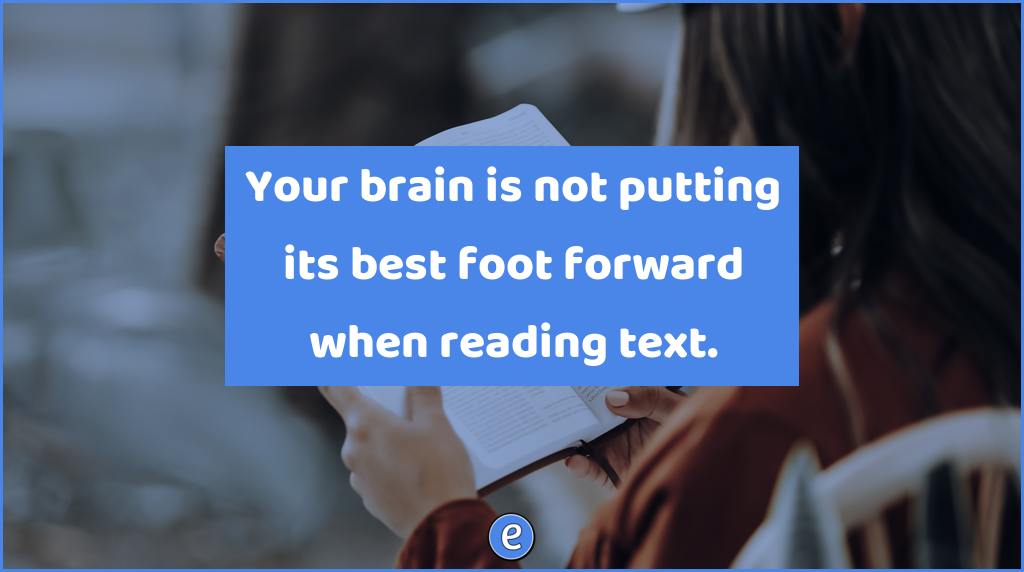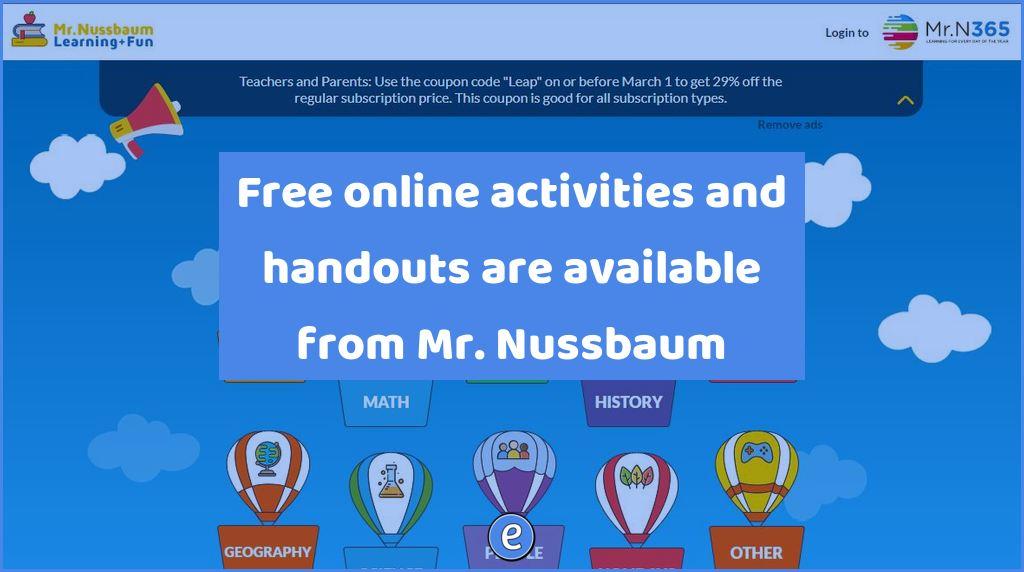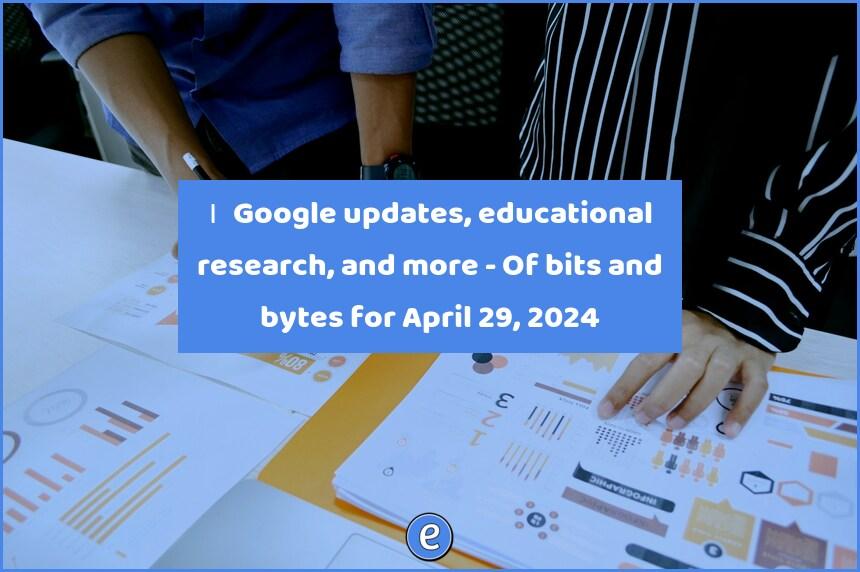🙋 Google Bard & YouTube, ChatGPT usage, screentime, and more – Of bits and bytes for November 27, 2023
Internet Travels
Of bits and bytes is my weekly round up of interesting links and ideas I discovered on the internet. It is published on Mondays for the previous week
Learn21 is a proud sponsor of Eduk8me and the Of Bits and Bytes newsletter. Read more about their mission at Learn21.
Apps
Google’s Bard YouTube extension has been upgraded to be able to give you more information about a video, even without you watching the video. It seems to do a pretty good job of getting the information correct too!
The Chrome Web Store is Google’s repository for web apps, extensions, and themes. Google previewed the redesign in September and now it’s live for everyone. It looks pretty good, although I’m sure there are going to be complaints about the lack of dark mode.
Pedagogy
For those students that know about ChatGPT, about 20% use it for school work. Unfortunately, the digital divide is alive and well when it comes to AI, with the haves more likely to have heard or use ChatGPT vs the have nots. Also, good news on the cheating front since a majority of teens view it unacceptable to use ChatGPT to write essays. It remains to be seen if this holds true in the long run.
Here’s some fun research to bring up in the teacher’s lounge when there’s a lull in the conversation. Researchers have found that there is not such thing as a fast or slow learner, kids all learn at about the same rate. Why does there seem to be a difference? It’s all in the starting point, some kids are closer to the finish than others, so it appears they are fast learners.
I love curiosity, but I haven’t thought about the outcomes of experience curiosity or how ‘Manufactured Curiosity’ can hurt your ability to learn h/t – Archive Link.
Technology
I was in Arby’s the other day when a toddler was having a meltdown. This isn’t that big of deal, I have a daughter and learned how to either calm her down or remove her from the situation until she learned to regulate her outburst. Unfortunately, in the case of Arby’s, the parents stuck a phone in front of the kid. So instead of this being a learning moment for the child, it became a reward for their behavior. Research is also showing how excessive screen time is being linked to lower cognitive function. We want to know why people seem to be so angry nowadays? Could it be that we’ve lost site importance of being bored and instinctively pull out our phone any time there is downtime?
Staying safe online is a monumental task, yet security advice is a lot more confusing than it should be. Researchers looked into the conundrum of teaching computer security and why it’s confusing and found that a lot of it is because the advice doesn’t de-prioritize what’s not important.
Tips
This is pretty cool, Google Meet will now recognize when you put your hand up in addition to using the hands up button. I know our virtual meeting skills are starting to stagnate, but I’m glad to see some work still going in to making the meetings better.
Pop Culture
When AI makes up information, researchers call it “hallucinating”, and apparently the term is popular enough to be Cambridge Dictionary’s word of the year.
Here are some ideas on how to pay attention.
Potpourri
There is a difference between problems and situations, and it’s important to be able to see the difference.
Extra Credit
Here are extra links that I found interesting that may or may not be education related or interesting to you and I didn’t want to lose them.
- Do Pixel 8 AI-edited photos have to be labeled as synthetic content on YouTube? YouTube is still figuring it out. – The Verge
- Why the World’s Best Mathematicians Are Hoarding Chalk – YouTube
By design, the vast majority of Of Bits and Bytes readers never pay anything for the links, commentary, and tips it provides. But you made it all the way to the end of this week’s edition — maybe not for the first time. Want to support more journalism like what you read today? If so, click here.

Be sure to subscribe to my YouTube channel and join your fellow educators on the Eduk8me email list!
